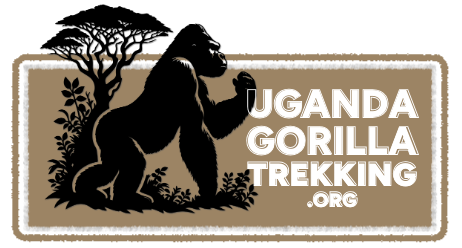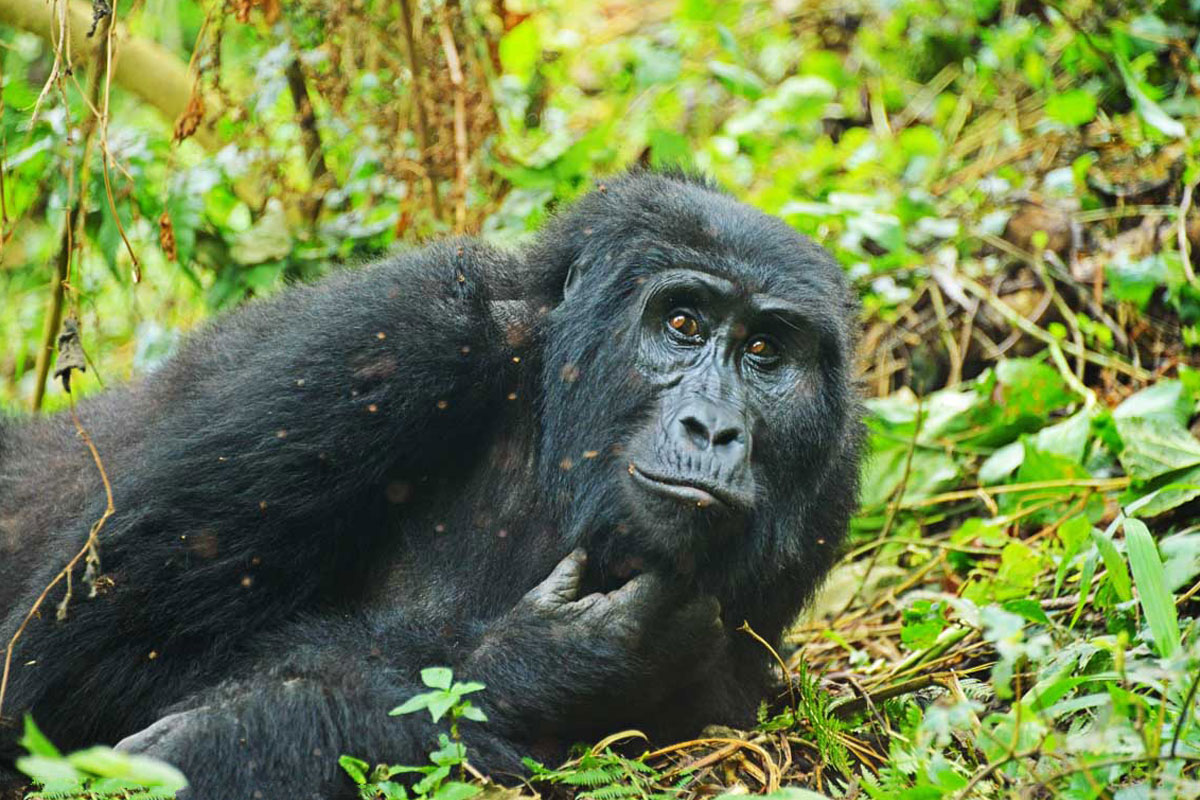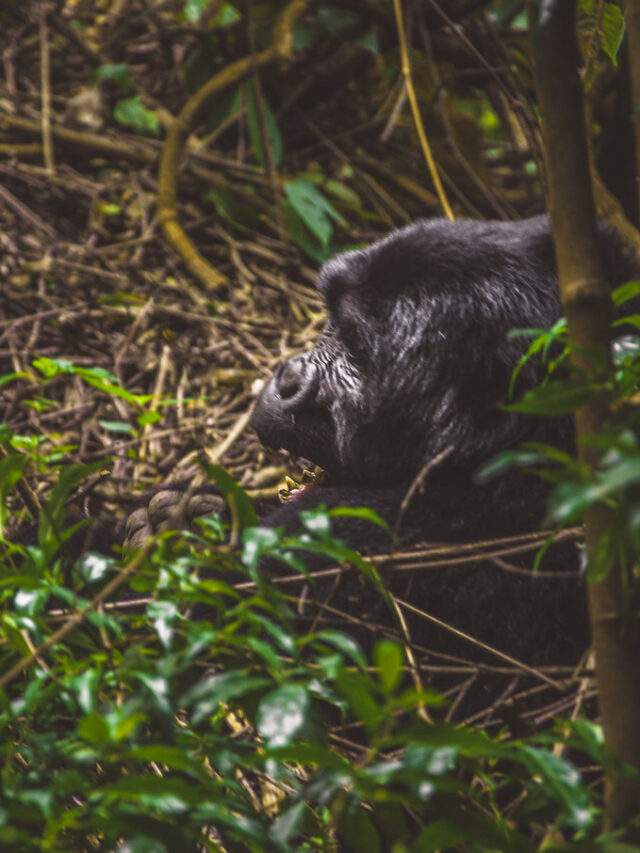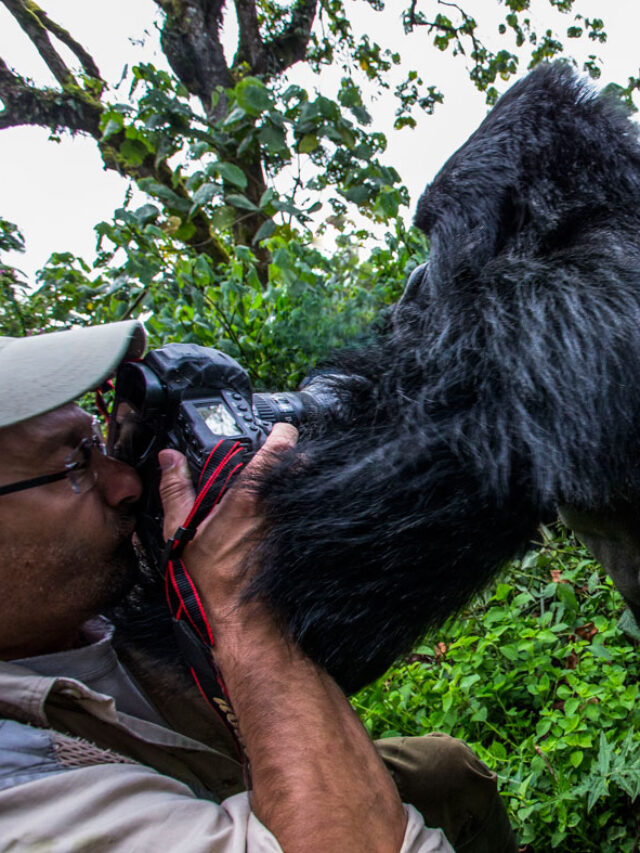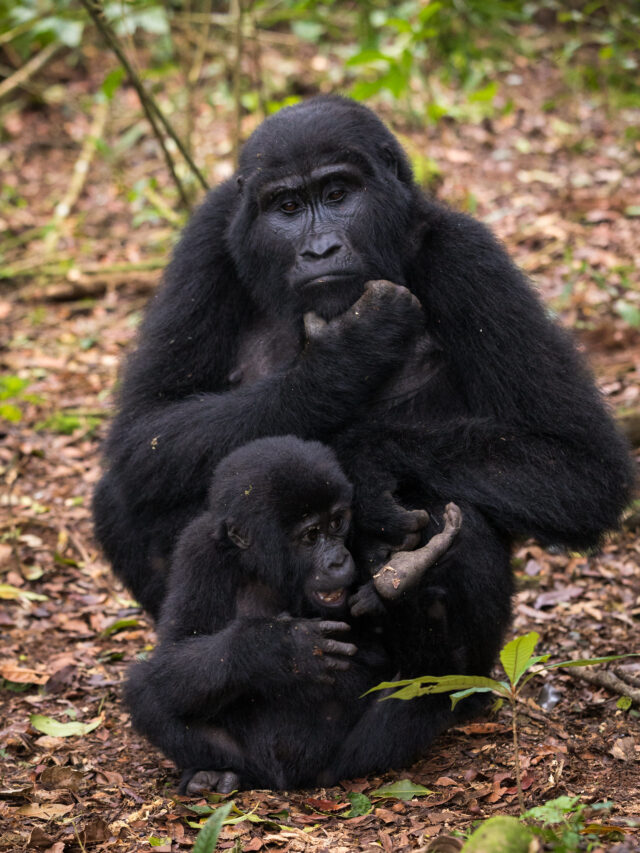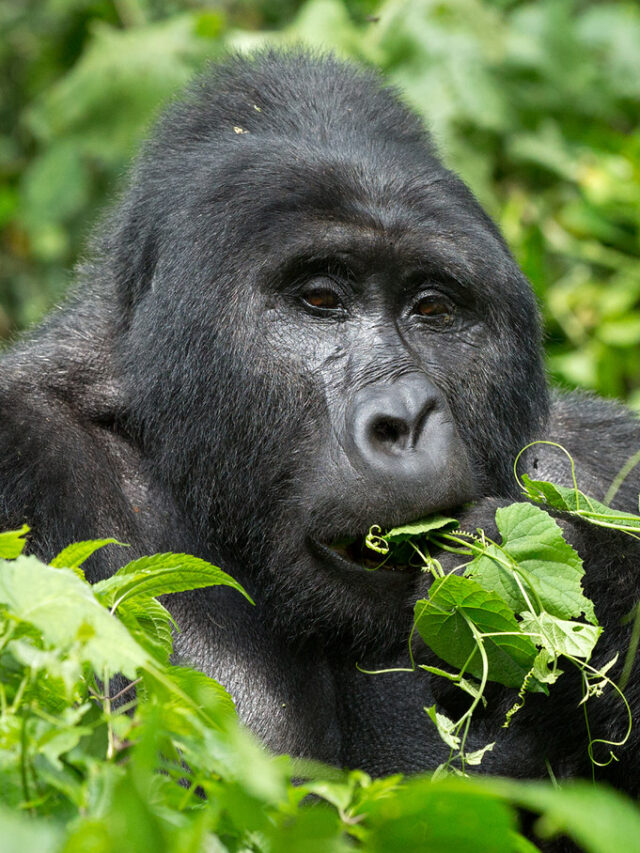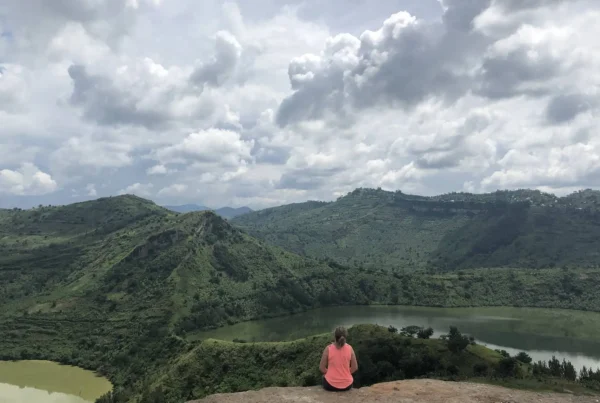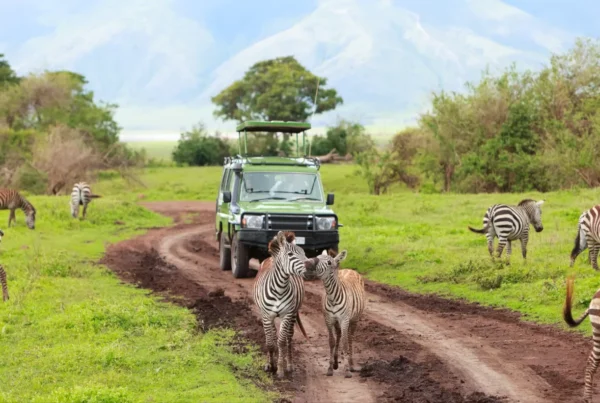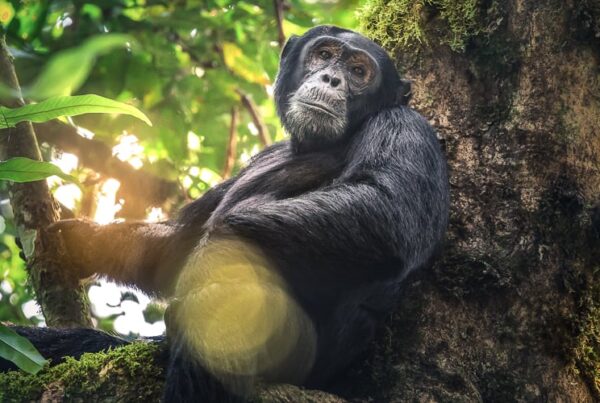Nyege Nyege vs Gorilla Trekking: Exploring Uganda’s Most Iconic Experiences
Nyege Nyege vs Gorilla Trekking — When you think of Uganda, two of its most captivating experiences might come to mind: the explosive energy of Nyege Nyege Festival, East Africa’s groundbreaking music and cultural event, and the deeply moving, once-in-a-lifetime adventure of gorilla trekking in the lush forests of Bwindi Impenetrable or Mgahinga National Parks. Both attract travelers from across the globe, but they offer radically different journeys into Uganda’s soul—one through pulsating beats and urban creativity, the other through serene encounters with one of the planet’s most magnificent and endangered creatures. Let’s dive deep into what makes each experience unique, the emotions they evoke, and how they reflect the vibrant diversity of Uganda.
Nyege Nyege Festival: A Cultural Explosion of Music, Energy, and Unity
Nyege Nyege, held annually on the banks of the mighty Nile River in Jinja, is a phenomenon that has redefined East Africa’s music landscape. The festival started as a small underground gathering but has since blossomed into a global platform for African and international electronic, afrobeat, and experimental music. It pulses with raw, unfiltered energy that celebrates diversity, creativity, and freedom of expression. For those who attend, Nyege Nyege isn’t just a music festival—it’s a cultural awakening.
The atmosphere at Nyege Nyege is intoxicating. Imagine thousands of young people from across the world coming together to dance in the open air, with the rhythmic beats of drums, synths, and basslines reverberating through the evening sky. Each stage offers a different sonic adventure, from traditional African sounds fused with modern electronic music to avant-garde DJs pushing boundaries. This festival is a vibrant testament to Uganda’s youthful, creative spirit, showcasing the continent’s best in contemporary culture.
Beyond the music, Nyege Nyege is a melting pot of ideas, fashion, and art, pushing cultural boundaries and fostering a sense of unity and belonging. It’s a space where modern African identities are celebrated without reservation, where traditions meet the future, and where visitors are invited to lose themselves in an electrifying moment of collective joy.
However, Nyege Nyege is more than just an entertainment spectacle. It contributes significantly to Uganda’s creative economy, attracts international attention to the country’s burgeoning music scene, and inspires local youth to innovate and express themselves. It’s a festival deeply rooted in community and cultural pride, yet open to global influence.
Gorilla Trekking: A Profound Encounter with Nature’s Gentle Giants
In stark contrast to the urban vibrancy of Nyege Nyege, gorilla trekking offers a deeply tranquil, almost spiritual experience in the heart of Uganda’s ancient forests. Trekking with mountain gorillas in Bwindi or Mgahinga is not just a wildlife safari; it’s an emotional journey into a fragile ecosystem and a close-up encounter with creatures that share nearly 98% of our DNA.
The trek is a test of endurance and patience, as visitors hike through dense rainforest, navigating steep slopes and slippery trails. But the reward is immeasurable. Sitting quietly with a family of mountain gorillas, watching the silverback interact with its troop, mothers nurture infants, and juveniles play, is a humbling, life-affirming moment. It’s a reminder of our shared evolutionary heritage and the urgent need to protect these magnificent beings from extinction.
Gorilla trekking requires permits, careful planning, and respect for the environment and the gorillas themselves. Visitors must follow strict rules to minimize human impact and disease transmission. The experience is as much about conservation awareness as it is about adventure. By visiting, travelers directly support local communities, conservation efforts, and the protection of this unique wildlife habitat.
Emotionally, gorilla trekking can be transformative. The sheer power and gentleness of the gorillas, their intelligence and social bonds, often move visitors to tears. It’s an encounter that remains etched in memory, inspiring a deeper connection to nature and a greater appreciation for biodiversity.
Comparing the Two: Energy vs. Tranquility, Urban Pulse vs. Wild Heart
At first glance, Nyege Nyege and gorilla trekking might seem worlds apart—one a raucous urban festival that celebrates human creativity, the other a serene wilderness experience connecting humans to the raw forces of nature. Yet, both are profoundly Ugandan experiences that reflect the country’s rich tapestry of culture and environment.
Nyege Nyege embodies the dynamic, forward-looking energy of Uganda’s young generation, eager to create, innovate, and engage with the world on their own terms. It’s a celebration of modern African identity and global artistic exchange, an explosion of sound and color that leaves you energized and inspired.
Gorilla trekking, on the other hand, connects you to Uganda’s ancient heritage—the primal wilderness and the endangered species that live quietly in its shadows. It offers reflection, awe, and respect for the natural world and our place within it. It’s slow, intimate, and deeply grounding.
For travelers, the choice isn’t necessarily about picking one over the other but understanding how each experience complements the other. Together, they offer a full spectrum of Uganda’s allure: the thrilling heartbeat of its contemporary culture alongside the timeless pulse of its wilderness.
Practical Considerations: Timing, Accessibility, and Costs
Nyege Nyege Festival usually takes place in September, aligning with the end of Uganda’s dry season, which makes travel comfortable and enjoyable. It is accessible mainly via Jinja town, which is about a two-hour drive from Kampala. Festival tickets vary in price but are generally affordable and provide access to multiple days of music and performances. Attending Nyege Nyege requires openness to large crowds, late nights, and the festival atmosphere, which is lively and sometimes intense.
Gorilla trekking permits, on the other hand, are significantly more costly, often around $700–$800 per person for foreign tourists. The treks are available year-round, but the dry seasons (June to September and December to February) are preferred for easier trekking conditions. Reaching the trekking sites involves travel to remote national parks, often requiring early morning starts and physical stamina. The experience is quieter, more exclusive, and highly regulated to protect the gorillas.
